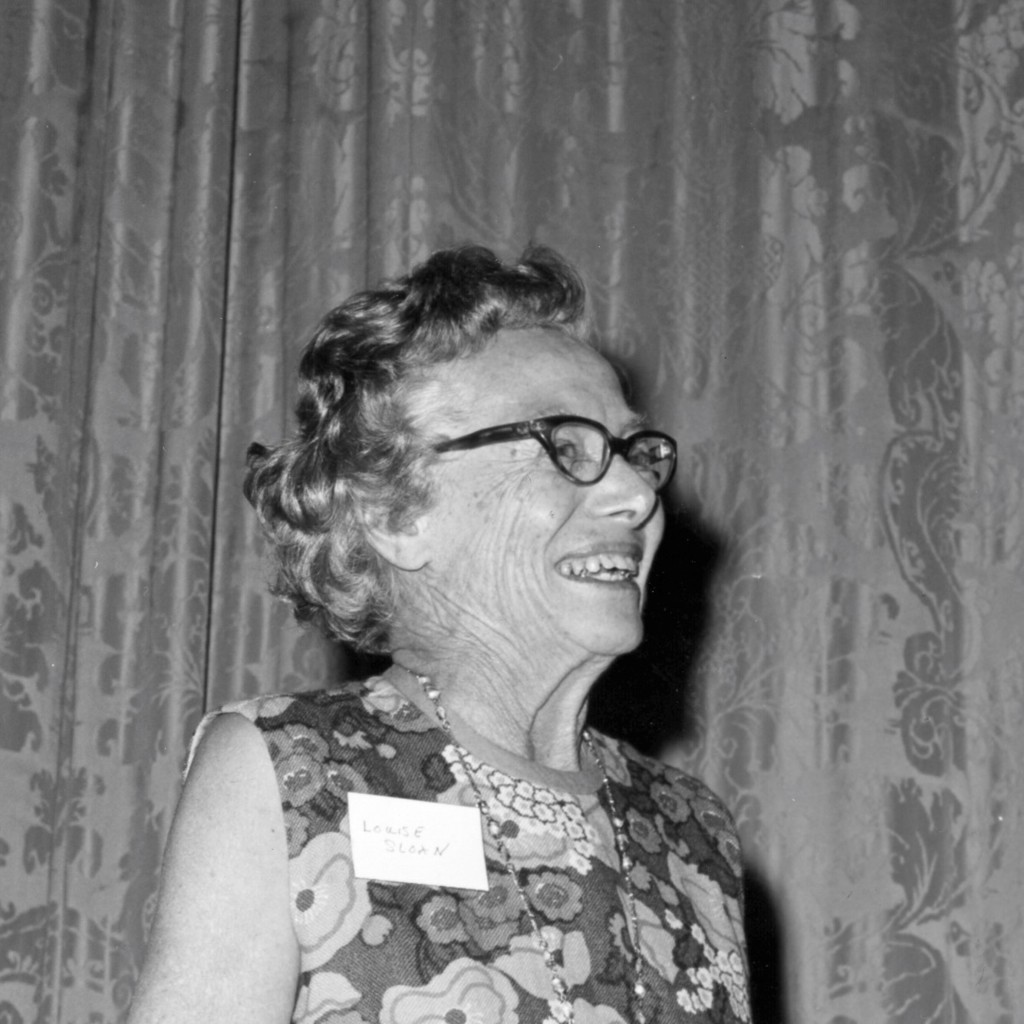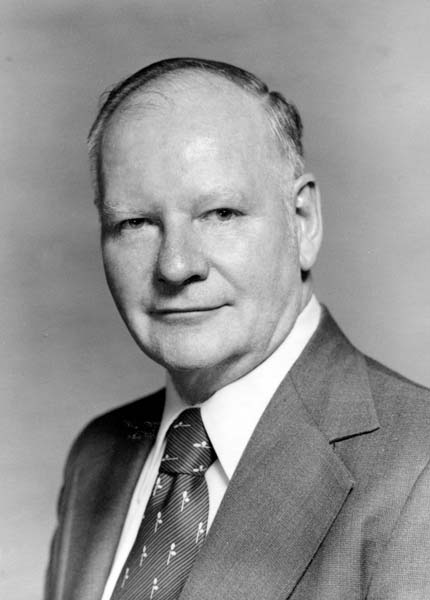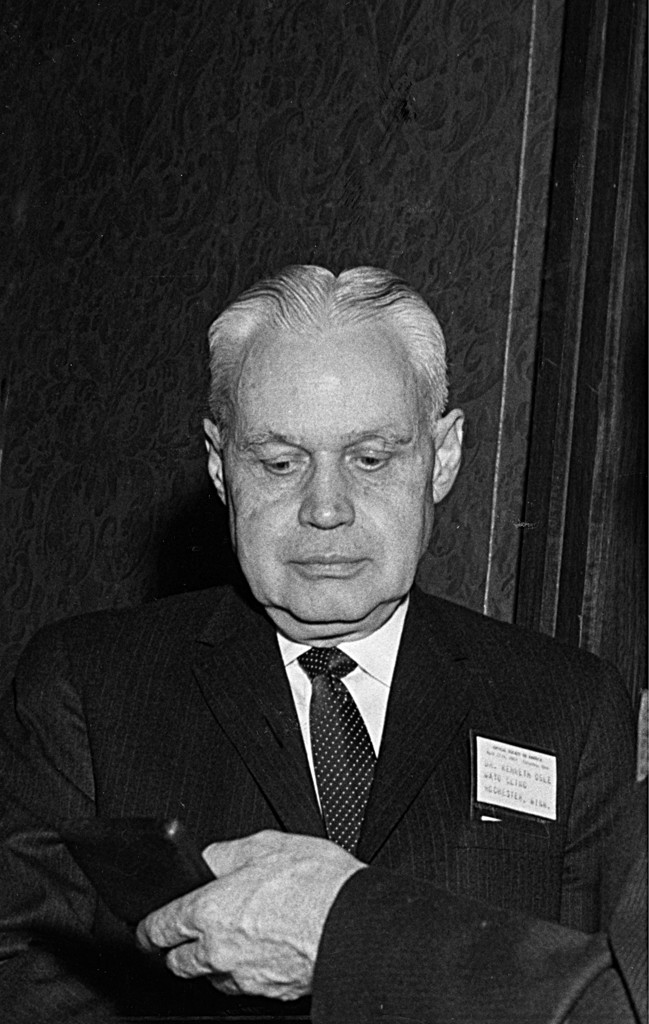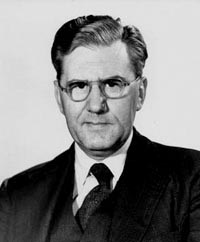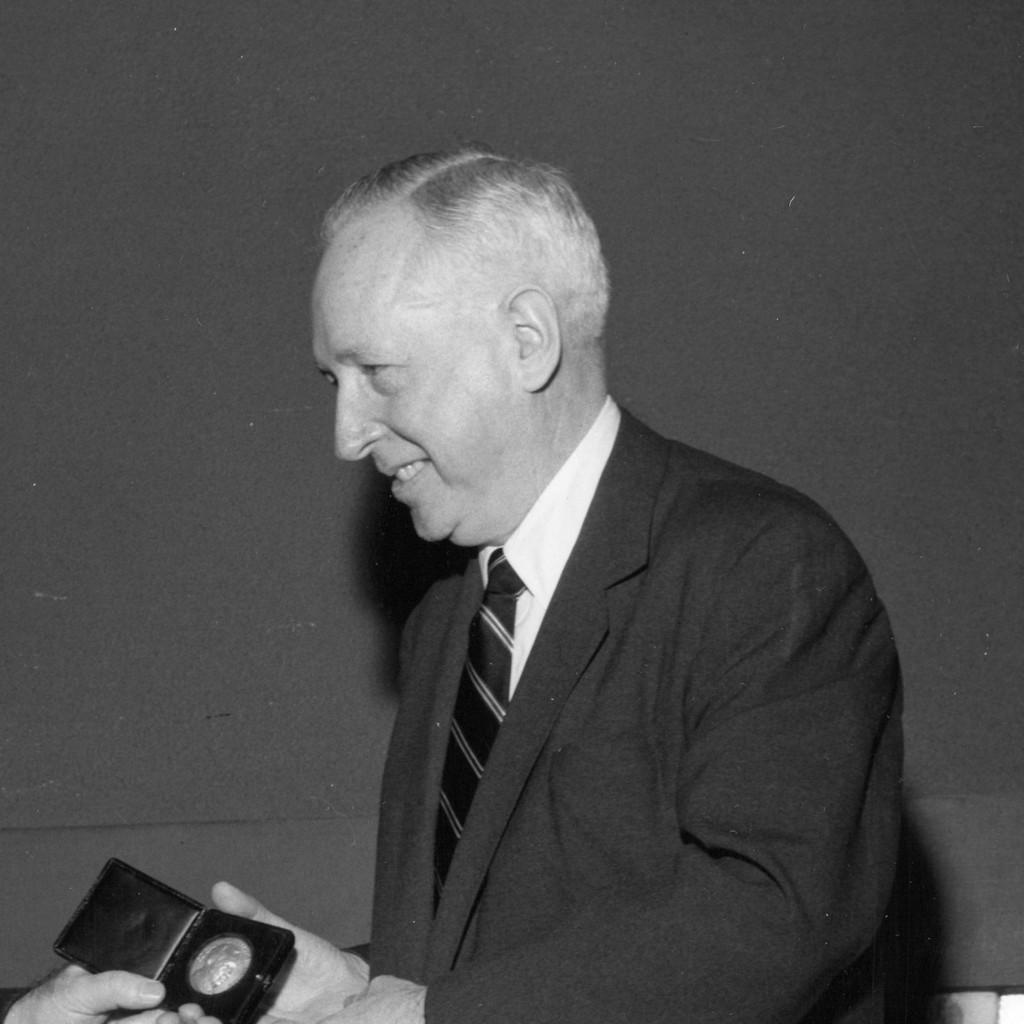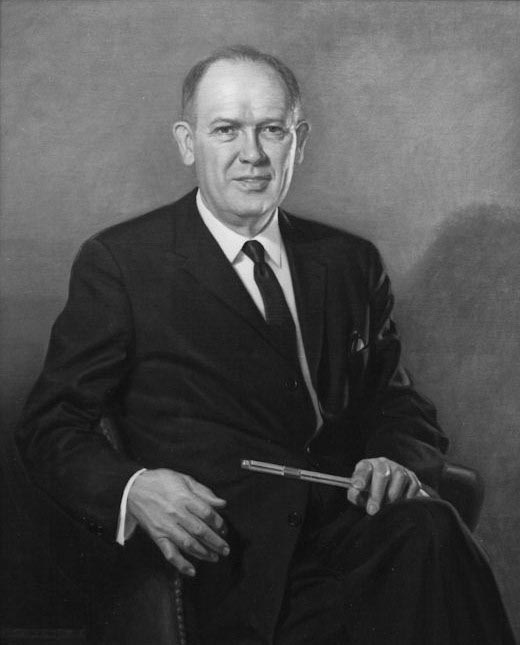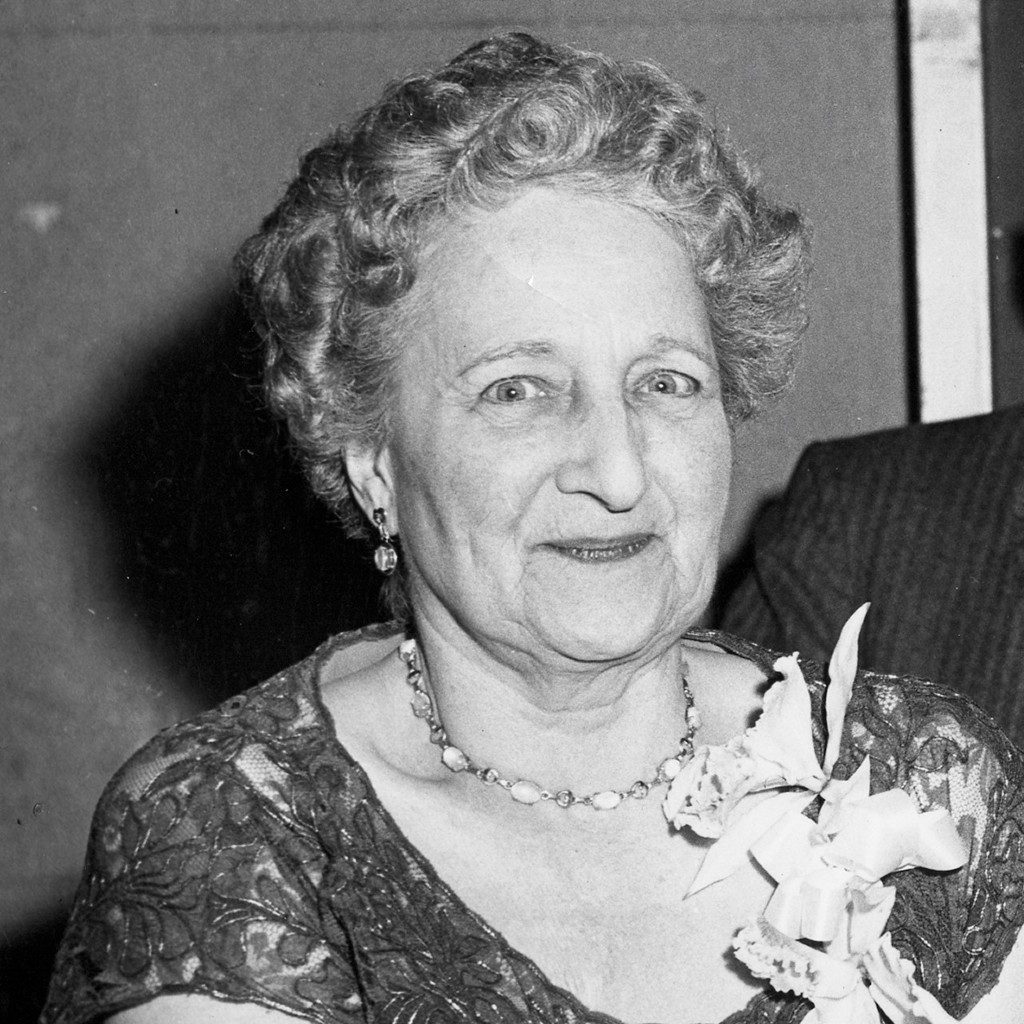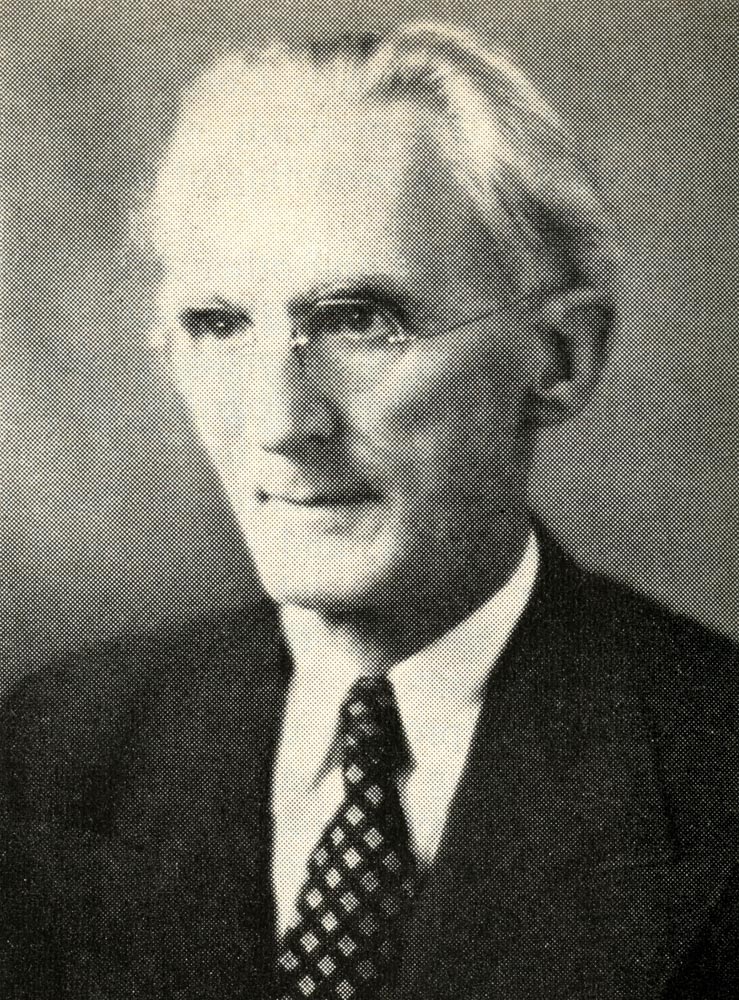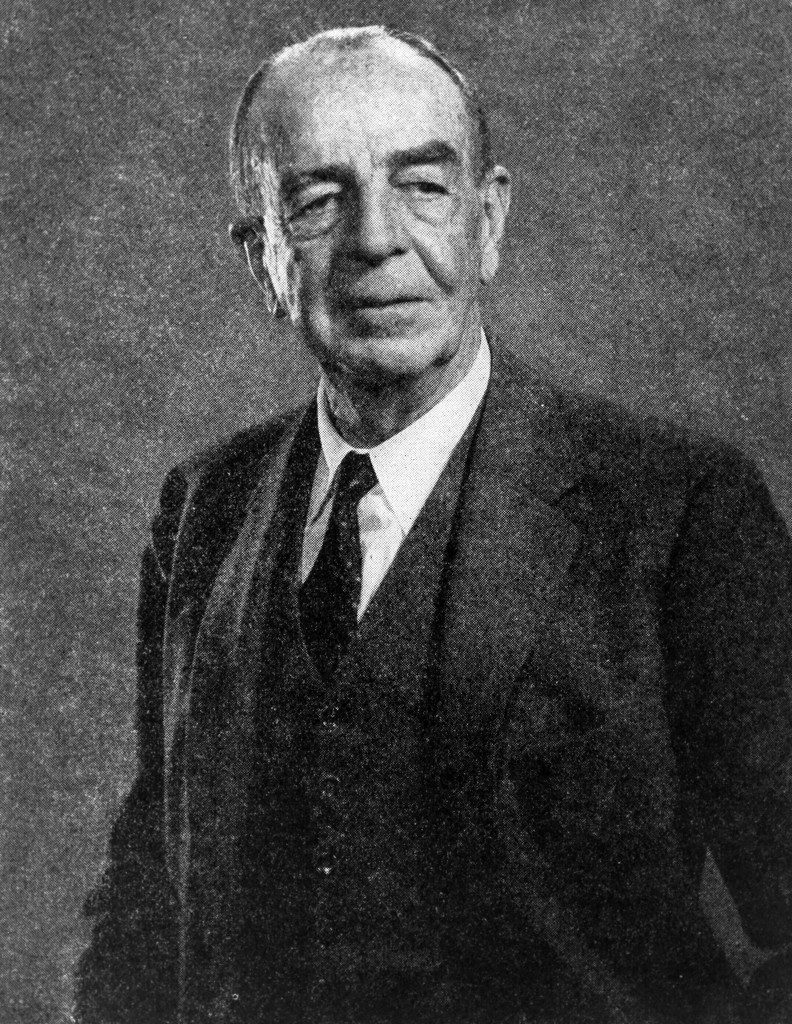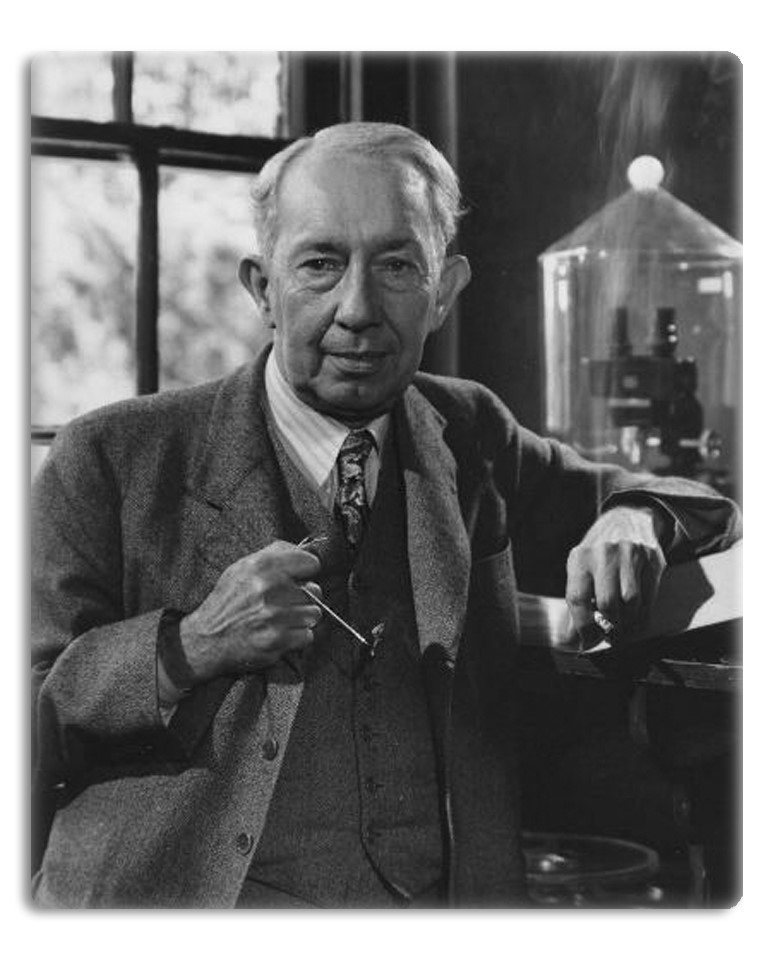Edgar D. Tillyer Award
Get Involved

Learn more about the award and its establishment
Information and deadlines for nominations
View the members
Edgar D. Tillyer Award
Presented to an individual who has performed distinguished work in the field of vision, including (but not limited to) the optics, physiology, anatomy or psychology of the visual system.
The award was established in 1953 to honor of Edgar D. Tillyer’s important contributions to the advancement of better vision and the optical sciences. It is endowed by the American Optical Company and the Chope Family Bypass Trust. The award has been presented annually since 2016.
Winners
2025
For contributions to our basic understanding of the effect of the eye's optics on vision including the passage of light through the cornea and lens and into the photoreceptors where vision begins
2024
For revolutionizing the field of low vision research and applying this knowledge to aid and improve reading and mobility in people with low vision
2023
For pioneering the application of computational approaches to understand foundational aspects of spatial and temporal vision as well as motion perception and their influential application in the field of image quality
2022
For outstanding contributions to our understanding of visual perception and cognition in natural tasks through the innovative use of technology for recording eye, head, limb, and body position in both natural and virtual environments
2021
For groundbreaking experimental and theoretical contributions to our understanding of how the visual system resolves the ambiguities inherent in sensory signals to produce a stable percept of object color
2020
For pioneering theories of optimal visual processing that bring together scene statistics, physiological constraints, and task requirements to gain a new understanding of perceptual functions and eye movements
2019
For the pioneering use of optics and photonics technologies to unravel the human visual system and to improve eye diagnostics and correction
2018
For applying an innovative and rigorous scientific approach to make significant contributions in the fields of visual development, sensory cue combination and 3D vision
2017
For wide ranging studies of the visual system, especially for unique and critical contributions to the formulation of a distinct level of visual processing, that of visual surfaces
2016
For ground-breaking studies of normal spatial vision, plasticity in the adult visual system, and amblyopia
2014
For contributions to fundamental understanding of visual motion and of normal and abnormal human stereo vision, revealing the limits and character of brain mechanisms responsible for the perception of depth
2012
For contributions to fundamental understanding of the biological mechanisms underlying color vision , and for pioneering comparative studies which have revealed the nature, variations, and evolution of primate color vision
2010
For outstanding contributions to the understanding of the photoreceptor mechanisms through electrophysiology, psychophysics, optics and in vivo retinal imaging
2008
For outstanding contributions to the science of color vision and color imaging systems, and for pioneering work on brain imaging that has illuminated the organization and function of human visual processing
2006
For unparalleled virtuosity in the psychophysical dissection of the visual pathway into the stages that culminate in color, spatial and temporal vision
2004
For creative and inventive work in many aspects of vision, and especially for psychophysical and electrophysiological experiments that have changed the way post-receptoral and cortical color vision mechanisms are conceived and studied
2002
For his innovative research in human visual information processing, specifically in: flicker perception; spatial vision; binocular vision; masking; visual memory; visual attention; and motion perception
2000
For his leadership for over a quarter of a century in vision research, with contributions to psychophysics, microspectrometry, molecular genetics, field studies of wild primates and normal and defective color vision
1998
For investigations into the psychophysics and optics of vision that have been uniquely innovative, imaginatively conceived, and impeccably executed, and has greatly advanced our understanding of the factors limiting visual resolution
1996
For research in visual psychophysics, physiology, and optics, which has shown us how to apply linear systems theory and sinusoidal gratings to characterize how visual contrast is transmitted through the optics, retina, and cortex, to perception, elucidating the relation between the visual scene in front of the eye and the neural image in the brain
1994
For his theoretical and empirical contributions to our understanding of spatial vision
1992
For his outstanding contributions to the basic understanding of the physiology and psychophysics of vision
1990
For contributions to basic and applied vision research, particularly in the areas of cone fundamentals, defective color vision, and flicker
1990
For contributions to basic and applied vision research, particularly in the areas of cone fundamentals, defective color vision, and flicker
1988
For contributions to the understanding of mechanisms of vision, particularly the analysis and encoding of information in the visual nervous system
1986
For his outstanding analysis of spatial, temporal, and chromatic responses of the human visual system
1984
For many and outstanding contributions to visual science, particularly color vision, and for providing a benchmark standard of scientific achievement for the vision community
1982
In recognition of their contributions to our understanding of visual processes
1980
For his contributions to basic biophysics through studies of neural mechanisms for vision as well as his clinical studies
1978
For his contributions to our understanding of linear systems, vergence movements, and modulation transfer function of the eye and to the organization of spatial vision
1976
In recognition of his contributions to our understanding of retinal interaction and the role it plays in the processing of visual information
1974
1972
1971
In recognition of her many distinguished accomplishments in the field of vision
1969
1959
In recognition of her accomplishments and scientific standing in the field of visual physiology
1957
1955
1954
* Deceased
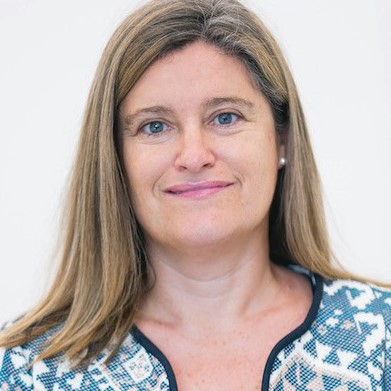
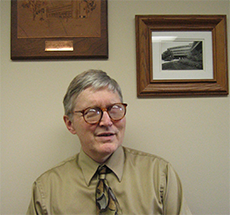











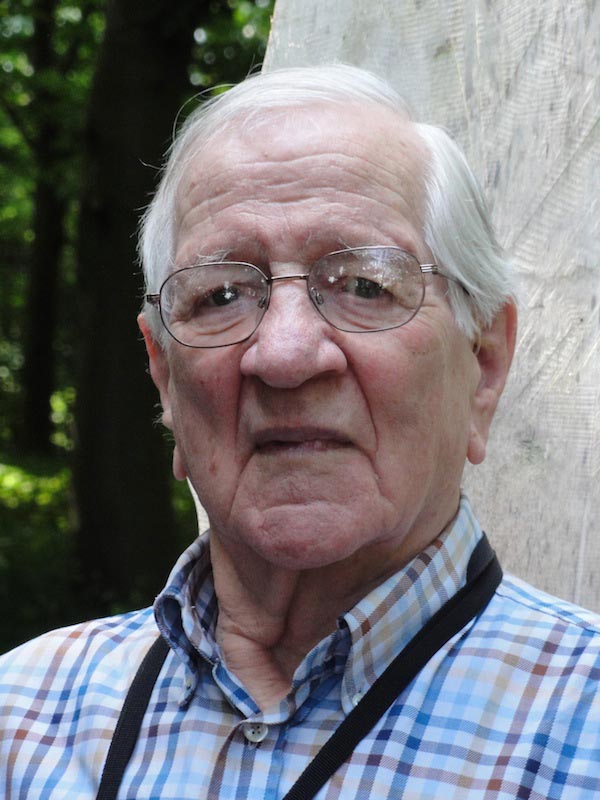
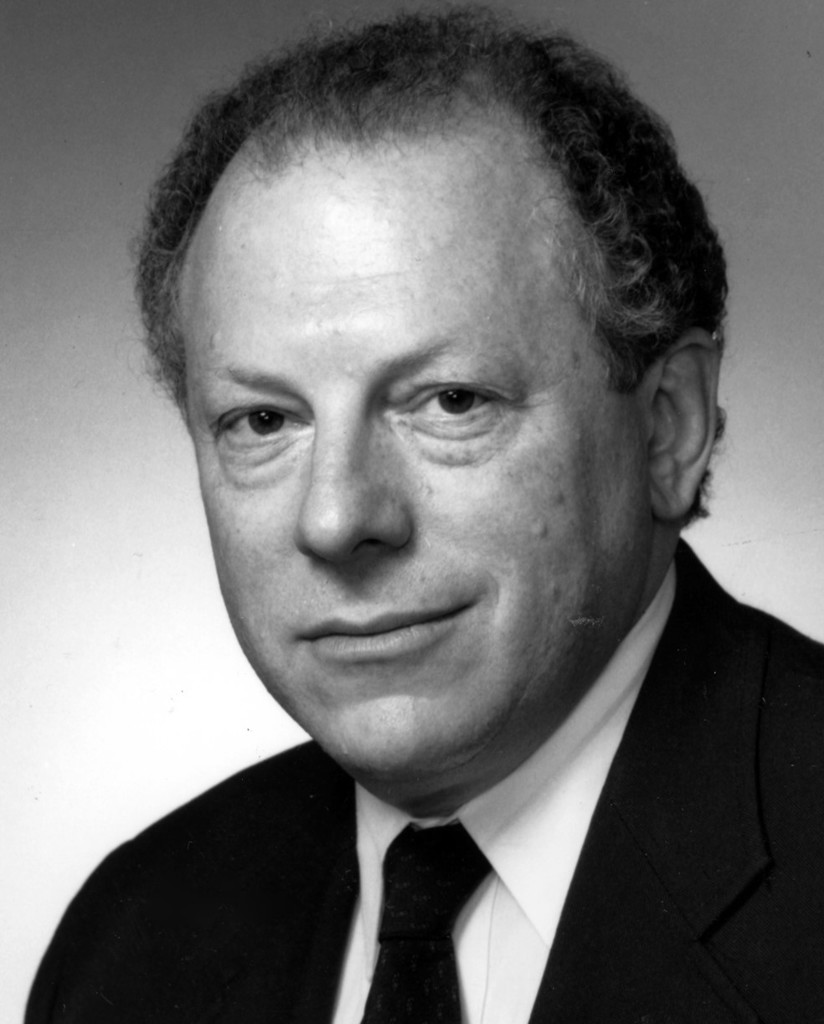

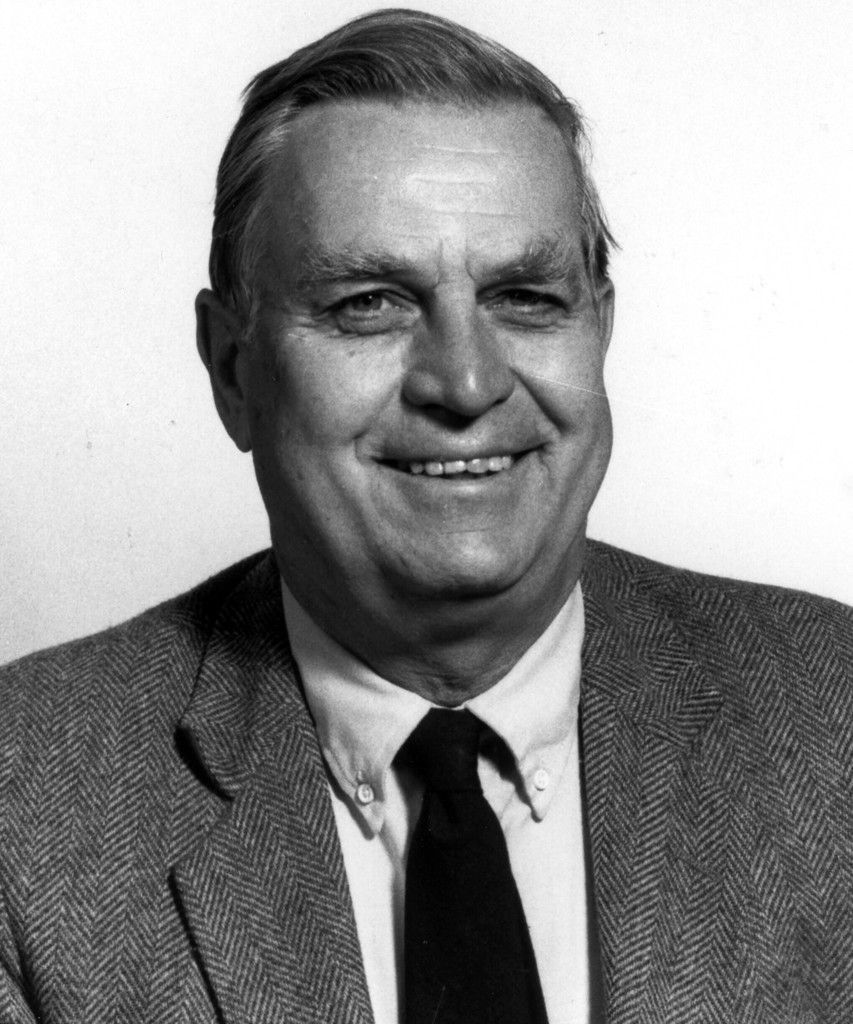
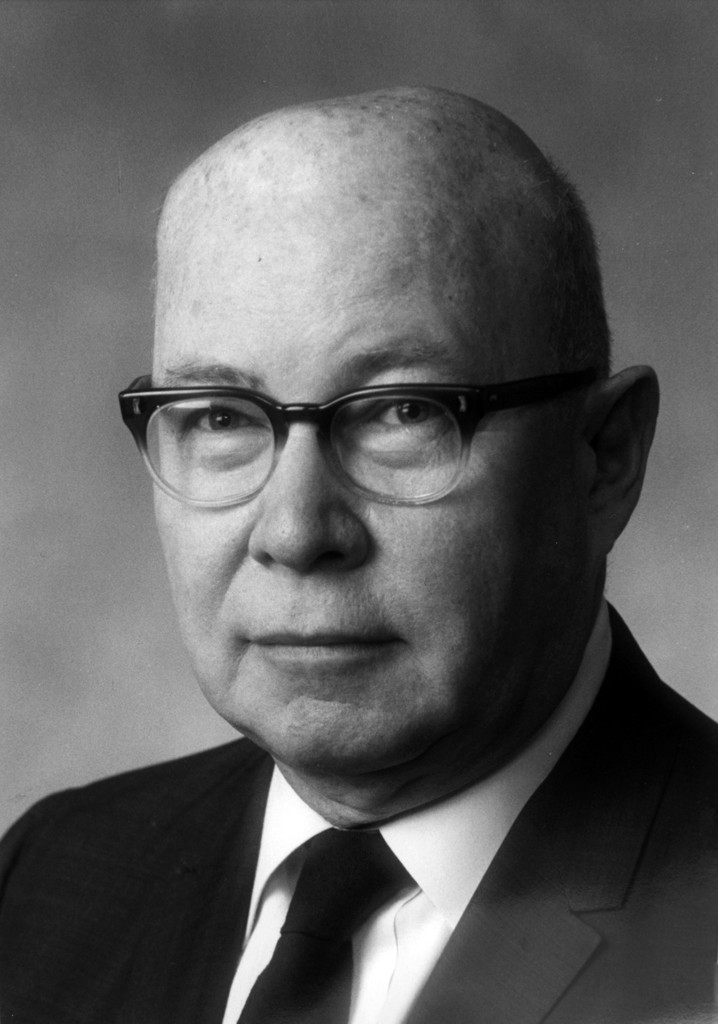
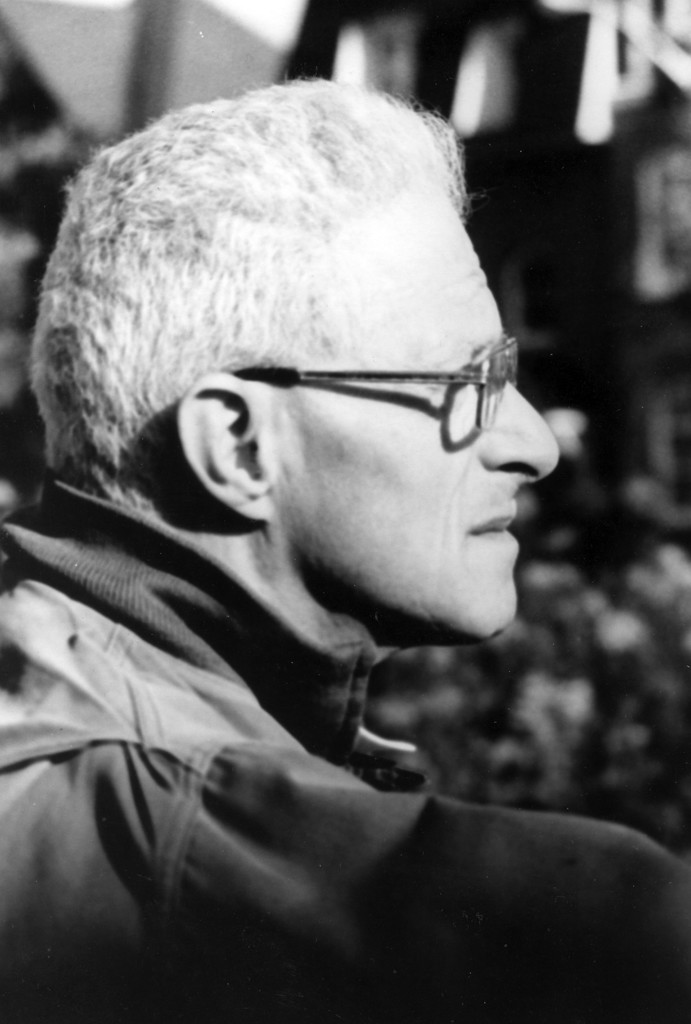
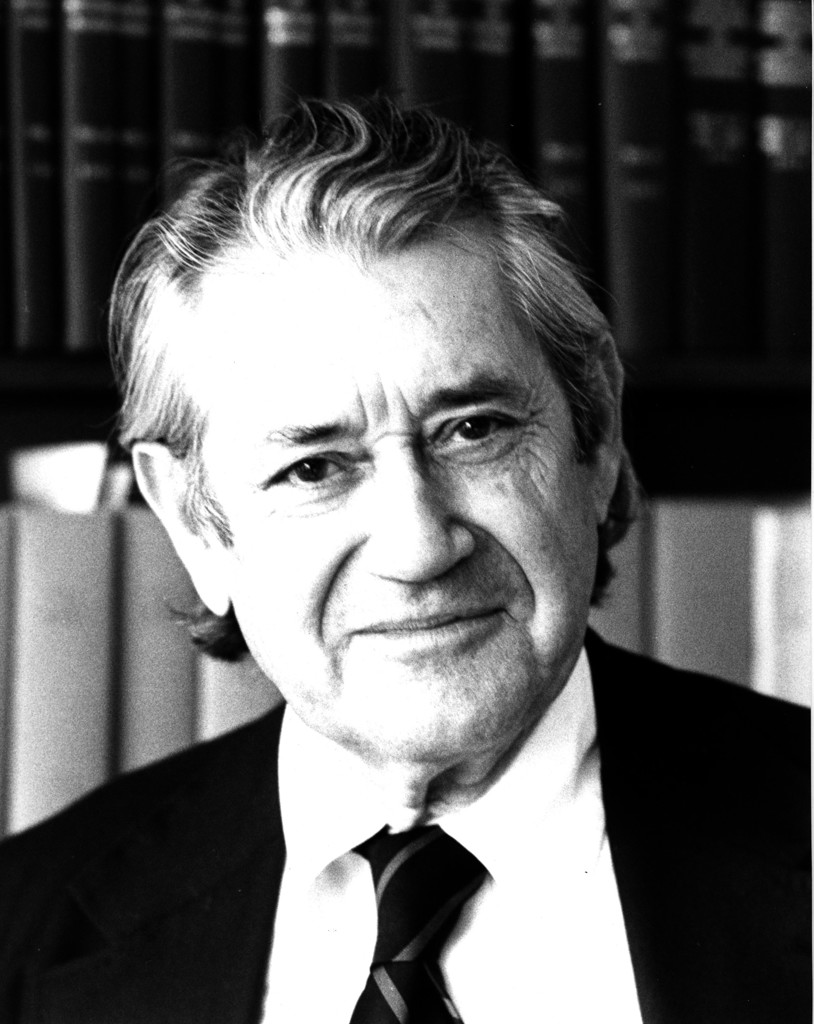
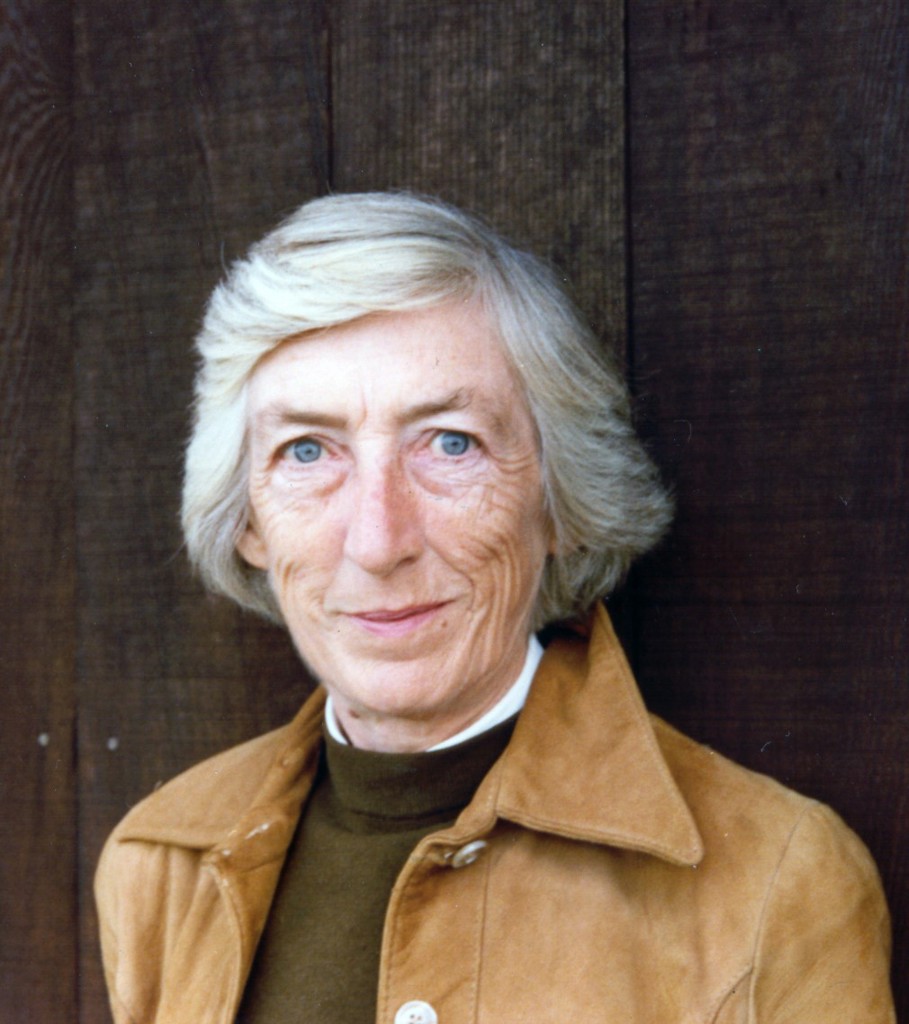
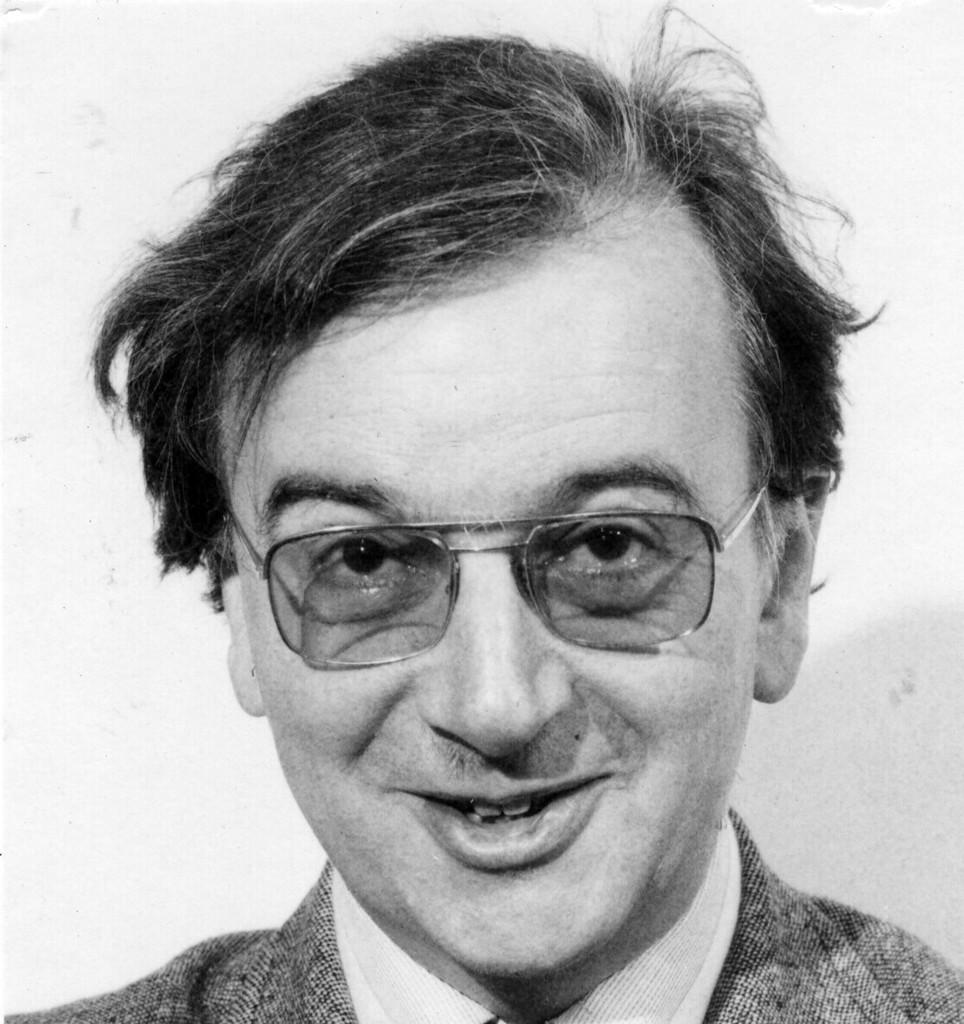
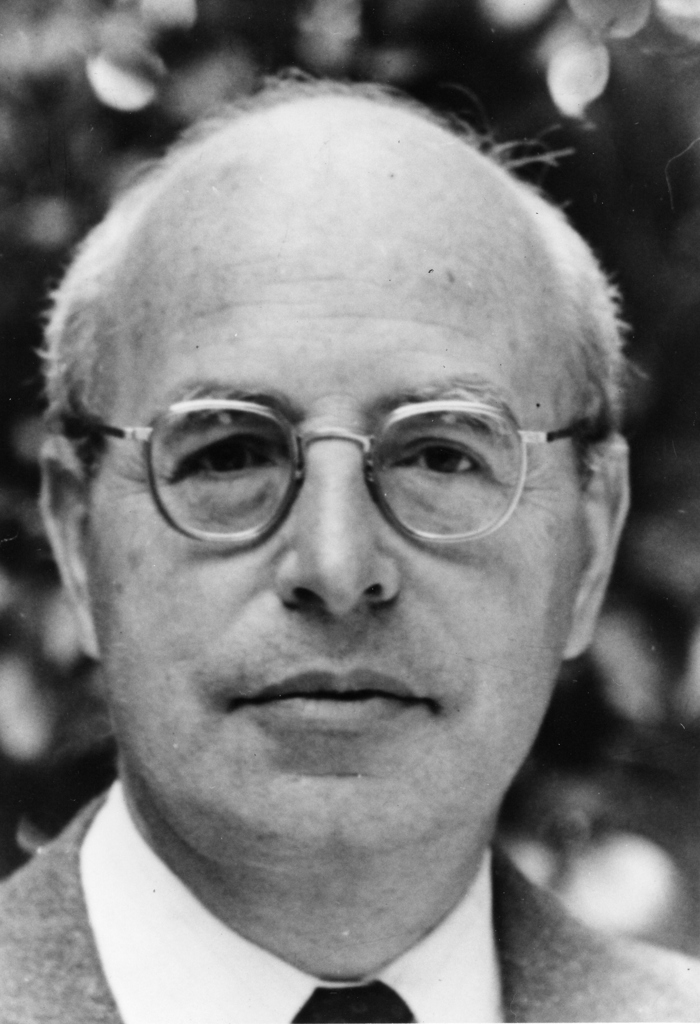
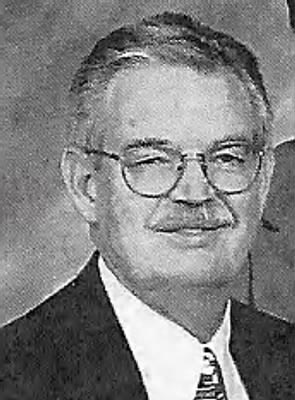
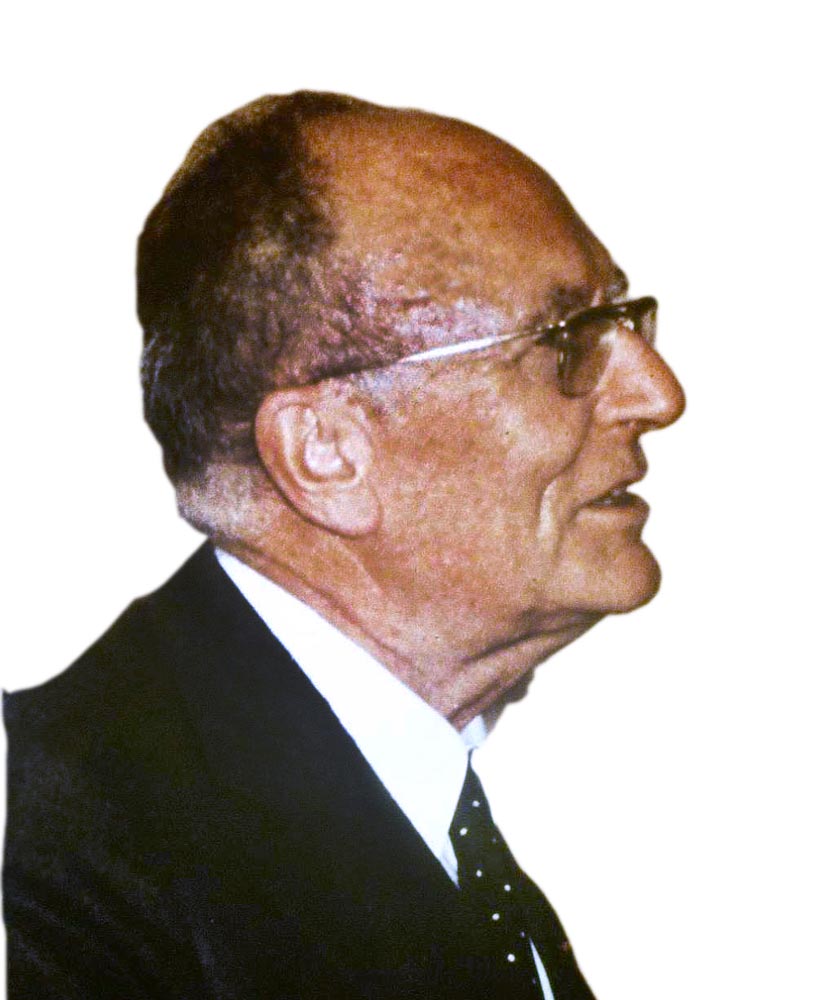
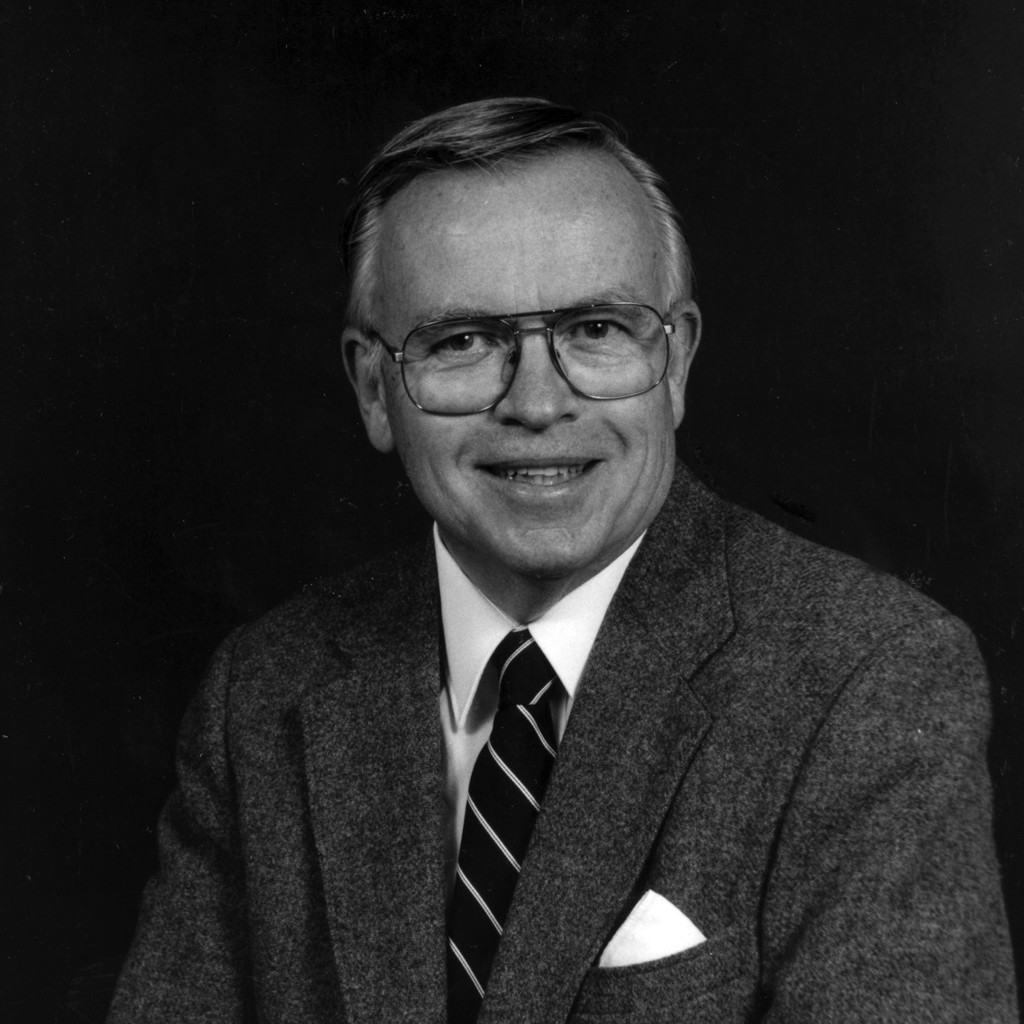.jpg?width=1380&height=1380&ext=.jpg)
